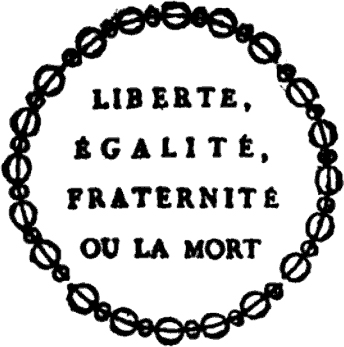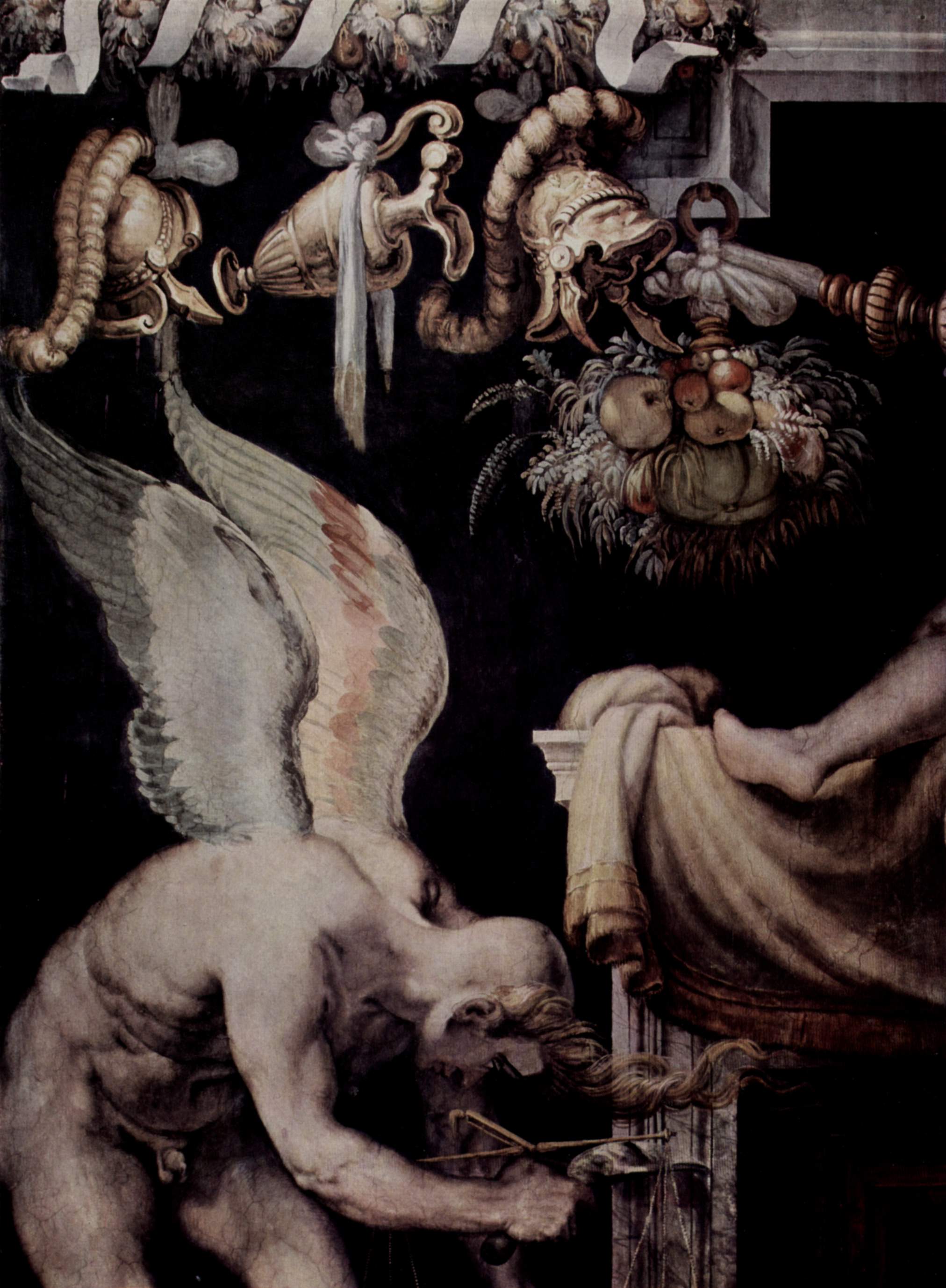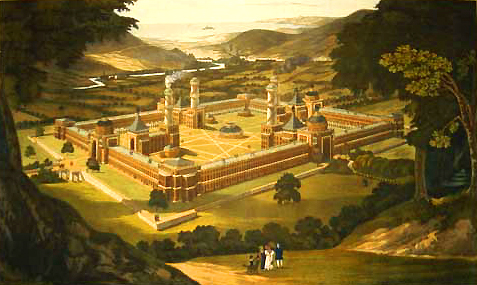
There exists in every age, in every society, a small, still choir of reason emanating from a few scattered thinkers ignored by the mainstream. The collective voices, when duly discovered a century or so too late, reveal what was wrong with that society and age, and how it could have been corrected if only people had listened and acted accordingly. ~ John Simon
Plato has never had success as a revolutionary and never will do so. But Plato himself will always live throughout the centuries of human history... and will be in each century the companion of the young and old who love pure thought, seeking only the light which it comprises." In other words, you can never really have a "revolution" of people oriented to the white point of wisdom discussed in yesterday's post. For one thing, it is an individual endeavor, not the sort of thing that could ever occur on a mass scale. And the left is a mass movement, which automatically condemns it to mediocrity and banality. It is led by a conformist herd of elites who imagine themselves superior, but nothing could be more foolish-- and self-contradictory -- than the idea of "mass excellence." In contrast to Plato, Karl Marx has enjoyed over a century "of astonishing success and has revolutionized the world. He has swept away millions -- those who went to the barricades and trenches in civil wars, and those who
went to the prisons, either as jailers or as prisoners."Really, can you name another philosopher who has enjoyed such a literally smashing success in such a short span of time? But you -- yes, you there -- "as a solitary human soul, a soul of depth and sobriety, what do you owe Karl Marx?"I don't know yet. Ask me next April 15th.The point is, "Plato illumines, whilst Marx sweeps away. Again, vertical man never obsesses, let alone enters the state of perpetual hysteria of leftist man. As Eliot wrote, "we fight rather to keep something alive than in the expectation that anything will triumph." Nevertheless, vertical man naturally frets about the deteriorating conditions of the interior of the human world, and its seemingly unimpeded slide into barbarism, spiritual exhaustion, scientistic magic, neo-paganism, self-worship, the cult of the body, abstract materialism, and a vapid and rudderless subjectivism. ~ One Cosmos
There is a lesson here, somewhere, Pogo, son...
As I was mentioning in an earlier post, there seems to be a sort of Platonic Renaissance stirring. The Radical Orthodoxy movement, Marion & other European theologians (like von Balthazar), Schuon & the traditionalists, etc. There is a growing recognition, in other words, that a surprisingly well-weathered and attractive alternative to Darwinian competition or
Heckular Sub-manism is, actually, Plato. A lot has been said against Plato, although Pieper defended him in his
book. G. Parkin Grant was basically a Platonist. And a great many people feel they understand him intimately - "Oh, he's that guy that believed that Ideas were more real than People, that's nuts. The real world isn't static & timeless, it's flux & change..." Which we are shortly to have even more and more of. Isn't Eternal Change about as Static as you can possibly get? I've asked this question before, and no one has a good answer. Why in the hell won't people listen to those who know? It's an old problem. You know it's bad when a classic liberal humanist like Fabius Maximus starts pulling a Moldbug and dredging up George Bernard Shaw with his
Time Machine.
Still, no one has an answer to the ghosts of the past (Why were they so much more, oh, I don't know, "cultured"?). Why do they seem & loom so large to us? At least, those of us who still have
an imagination left:
For as Schuon writes, the rationalist merely "calls 'reason' his lack of imagination and knowledge, and his ignorances are for him the 'data' of reason." When the unimaginative mentality grinds away at ignorance, the result is the kind of highflown philosophistry Russell spent his life producing and defending.
Yes, tidies & bundlemen, that's B. Russell. Who (even he) admitted that Size was a terrible snobbery to base one's epistemology or spirituality upon, which is common among his worshippers. The question really boils down to whether you conceive (or, in the worst cases, can even begin to imagine) that there may be something outside of us that is "bigger" which provides an ato-mo-sphere for the "Self". No God, no self. No Christ, no body. No Spirit, no soul. That sort of thing.
But if Progress is all there is, or all we can really know for sure, then there really isn't any kind of rebuke or truth that one can speak to Power. Which was really Plato's (and Polybius') point so long ago.




















Matthew:
I don't disagree with anything you said, except that history demonstrates that it is quite difficult to maintain any dynamic synthesis over time. Even if Guenon were correct about the necessary deterioration brought about by time -- and I reject that thesis entirely -- there is no virtue in simply surrendering to entropy. Nor do I think that we should in any way devalue the historical time into which we are born, which is as providential and valuable as any -- or, it is our duty to render it so.